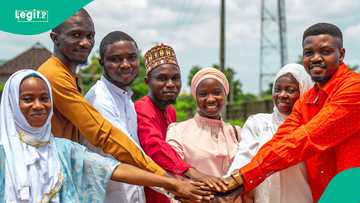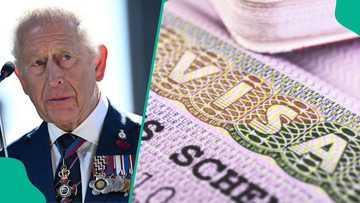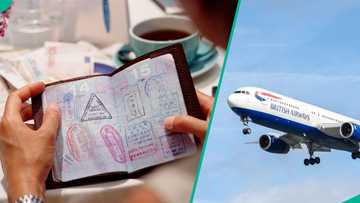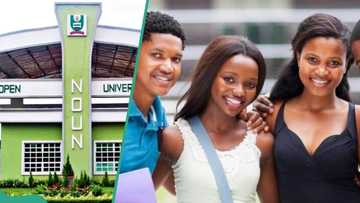Full List: 10 Things to Know Before Applying for US Visa
- Applying for a U.S. nonimmigrant tourist visa (B-2) involves a detailed process that demands careful preparation and attention to detail
- From completing the DS-160 form to demonstrating strong ties to your home country, each step plays a vital role in securing approval
- This guide outlines ten essential considerations to help applicants navigate the process with greater confidence and clarity
Applying for a U.S. nonimmigrant tourist visa, commonly referred to as a B-2 visa, has remained a detailed and often daunting process for international travellers.
Whether the purpose is leisure, medical treatment, or visiting loved ones, understanding the visa requirements has proven essential for a smooth journey.
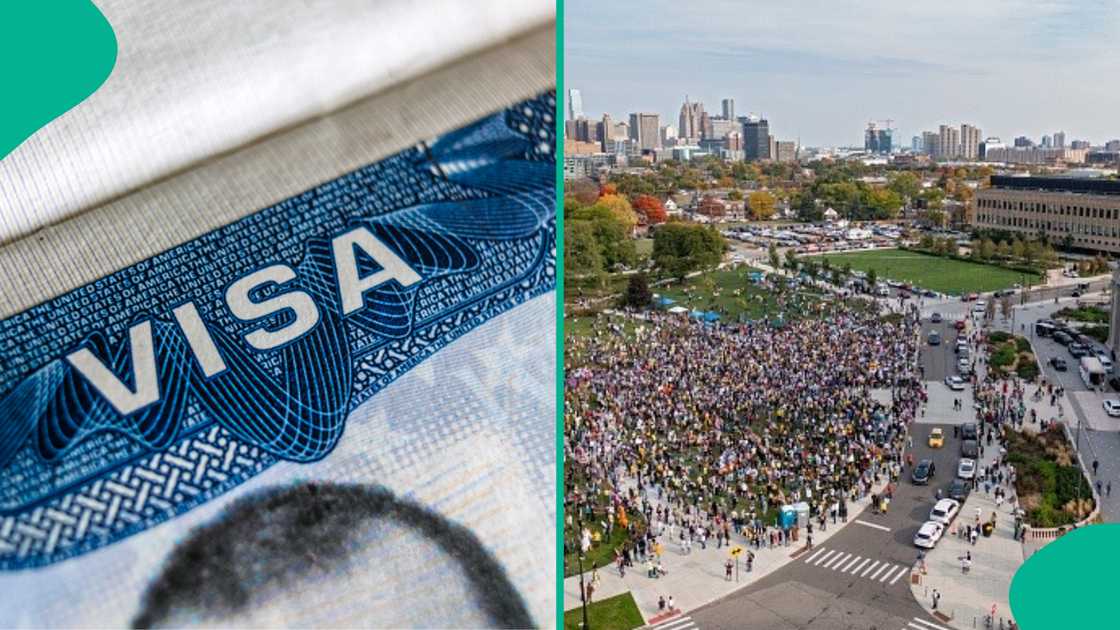
Source: Getty Images
According to AILA, here are ten crucial considerations for applicants:
1. Visa purpose must be clearly defined
The Department of State (DOS) has clarified that the B-2 visa is strictly for tourism, short-term medical treatment, or visiting friends and family. It does not permit employment, study, or permanent residence.
Applicants have been advised to ensure their travel purpose aligns with the visa type, as consular officers scrutinise this closely during the application process.
2. DS-160 application requires accuracy
The DS-160 form, available on the DOS website, serves as the official online application for a U.S. nonimmigrant visa. It has required applicants to provide detailed information about their travel plans, employment history, education, and personal background.
Inaccuracies or inconsistencies have led to delays or denials, making thoroughness and double-checking essential.
3. Visa application fee is non-refundable
Once the DS-160 form is submitted, applicants must pay a non-refundable visa application fee, which varies by country.
The payment receipt is necessary for scheduling the visa interview. It has been emphasised that this fee does not guarantee visa approval, and applicants should be prepared for potential reapplication costs.
4. Visa interview must be scheduled promptly
U.S. Citizenship and Immigration Services (USCIS) stated, “The first step in applying for a U.S. nonimmigrant visa is to complete your application, which takes approximately 90 minutes.
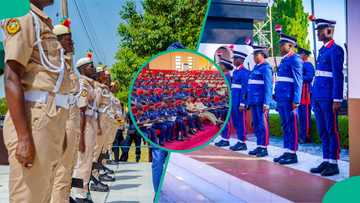
Read also
2025 recruitment: FG releases link fire service, immigration, other applicants must use for next action
After you submit your application, you can move on to next steps such as scheduling your interview.” Interviews have remained mandatory for most applicants aged 14 to 79 and must be scheduled at the U.S. Embassy or Consulate in the applicant’s home country. During peak seasons, slots have filled quickly, prompting early booking.
5. Supporting documents are vital
Applicants have been urged to gather documents that validate their travel plans and intent to return home. These include:
• Financial records such as bank statements or pay stubs
• Employer letters confirming leave and return
• Travel itineraries
• Invitations from U.S.-based family or friends
Proper organisation and accessibility of these documents have been key during interviews, especially when demonstrating ties to the applicant’s home country.
6. Strong ties to home country must be evident
Consular officers have assessed whether applicants possess strong ties to their home country, factors that suggest they will return after their visit.
These ties may include employment, family obligations, property ownership, or ongoing education. Applicants have been advised to prepare to discuss these ties in detail during their interview.
7. Visa interview preparation is crucial
The paralegal acknowledged the anxiety that can accompany governmental interviews, noting that the visa interview is a chance to present oneself as a trustworthy visitor.
Applicants have been encouraged to rehearse answers to questions about travel plans, employment, and home country ties.
Confidence, clarity, and honesty have been highlighted as essential traits, with any attempt to mislead potentially resulting in denial.
8. Security and background checks are standard
The U.S. visa process has included rigorous security and background checks. Applicants with complex travel histories or multiple residencies have been advised to ensure consistency across all previous and current visa applications.
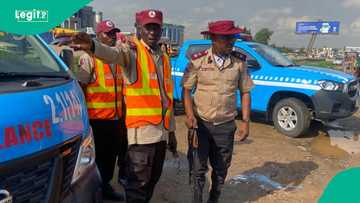
Read also
No more delays: FRSC launches contactless driver’s licence system for instant issuance nationwide
This step has been particularly important for maintaining credibility.
9. Visa processing times vary
Processing times have fluctuated based on country of residence and seasonal demand. Applicants have been encouraged to check current wait times at their local U.S. Embassy or Consulate and to apply well ahead of their intended travel date to avoid last-minute issues.
10. Visa rights and responsibilities must be understood
Approval of a B-2 visa has granted permission to travel to the U.S., but entry is ultimately determined by Customs and Border Protection (CBP) at the port of entry.
Visa holders have been reminded to comply strictly with the terms of their visa, including the permitted duration of stay, to prevent future complications.
By considering these ten factors, applicants have positioned themselves for a more confident and informed approach to securing a U.S. nonimmigrant tourist visa.
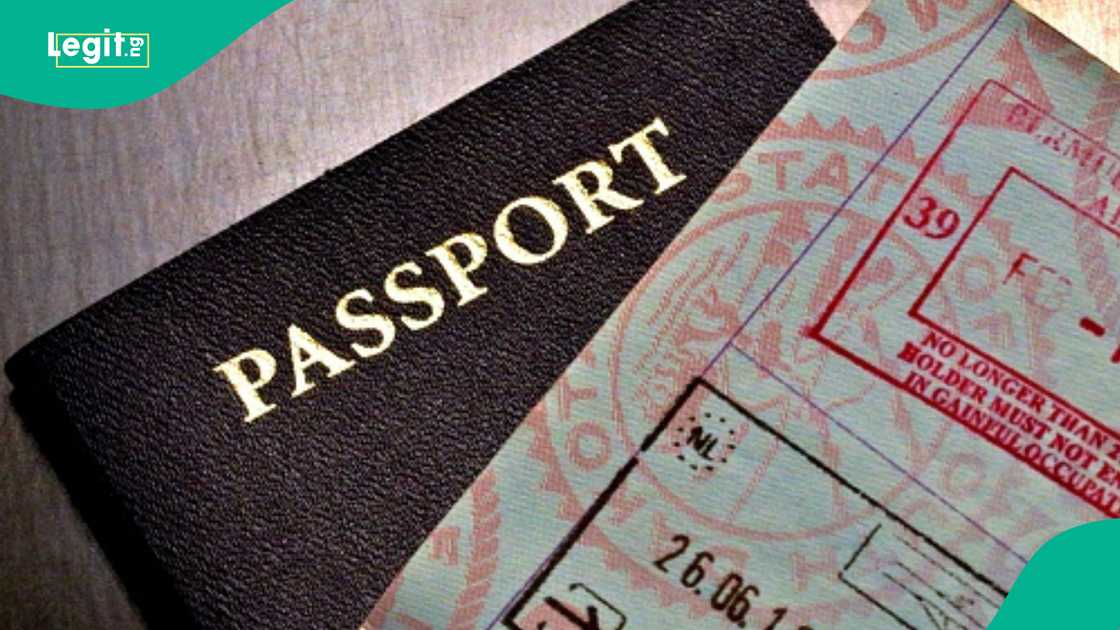
Source: Getty Images
US revokes Wole Soyinka’s visa, Nobel Laureate breaks silence
Legit.ng earlier reported that Nobel Prize-winning author and playwright, Professor Wole Soyinka, has confirmed that his United States visa has been revoked, effectively barring him from entering the country.
The announcement was made during a media parley held on October 28, 2025, at Kongi’s Harvest Gallery, Freedom Park, Lagos Island.
Soyinka stated that he was unaware of any wrongdoing that could have led to the revocation of his B1/B2 visa, which permits temporary travel to the US for business or tourism.
Proofreading by James Ojo, copy editor at Legit.ng.
Source: Legit.ng

